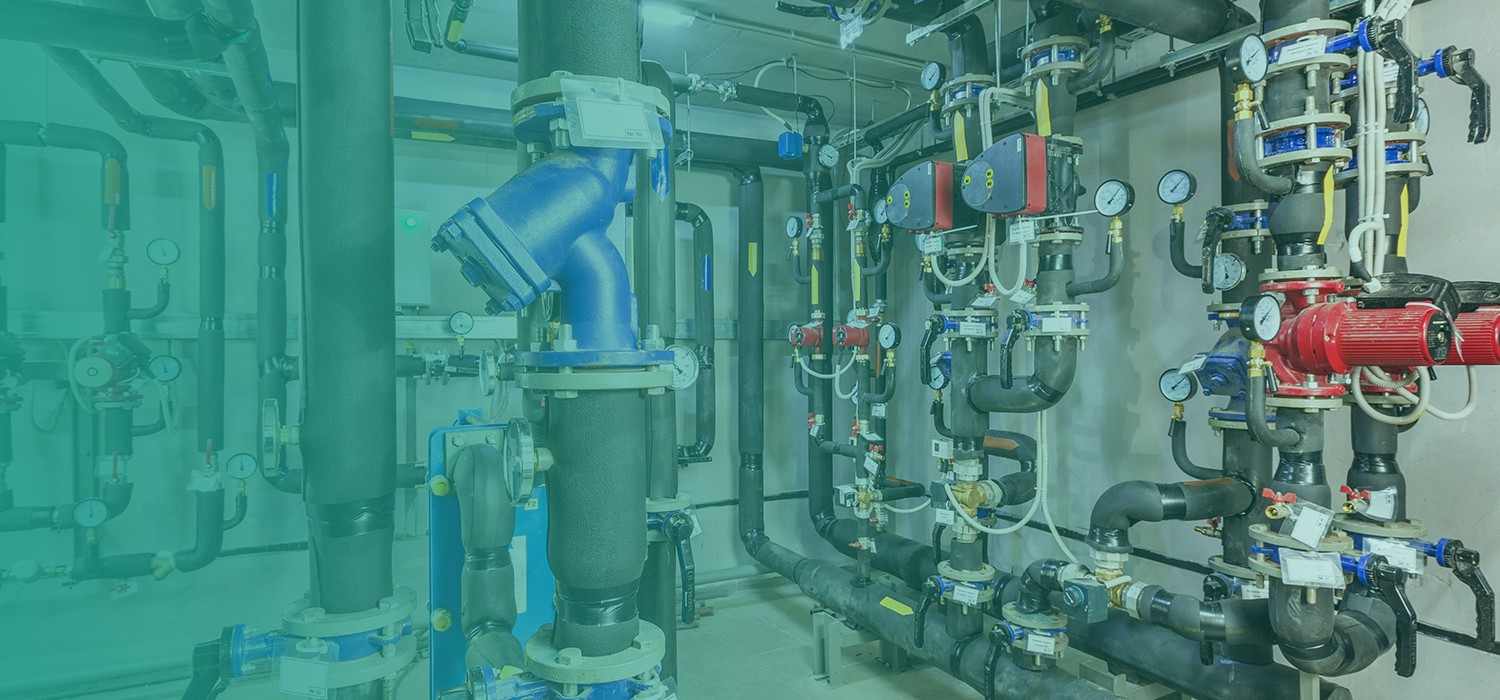The UK’s energy landscape is on the brink of a significant shift with the introduction of the Heat Network Technical Assurance Scheme (HNTAS), set to come into force in 2025. This new regulation, overseen by OFGEM, will require all communal and district heat networks in the UK to undergo rigorous certification processes. The implications for property owners and managers are substantial, necessitating a proactive approach to compliance and performance management.
What is HNTAS?
Starting in 2025, HNTAS will mandate that all new and legacy heat networks in the UK send metered data to a centralised scheme portal. This data will be used to assess network performance against a set of Key Performance Indicators (KPIs) before individual certification is granted. For networks that do not meet the required standards, mandatory improvement plans will be enforced to bring them up to the expected efficiency and carbon performance levels.
Legacy heat networks will be given a transitional period during which their performance will be measured against these threshold standards. Networks failing to meet the standards will be required to implement a Heat Network Implementation Plan, guiding them through the necessary improvements as they transition towards certification.

Implications for Heat Network Owners
The introduction of HNTAS represents a major change in the way heat networks are managed and operated in the UK. For owners of heat networks, this means that significant attention will need to be given to obtaining accurate data from existing metering systems or, where necessary, installing new metering infrastructure. The costs associated with bringing legacy systems up to modern, efficient standards could be considerable.

Leading Your Planned Preventative Maintenance (PPM) from 2025 Onwards
At Inteb, we recognise the complexity involved in justifying capital expenditure, particularly when it comes to compliance-driven projects like those required under the HNTAS. Our role is to keep clients informed of future regulatory requirements that have significant impacts on their operations. We also provide the necessary support with regulatory expertise, on-site surveys, cost reporting, and project management to ensure successful compliance.
HNTAS is just one piece of a larger compliance puzzle. Future updates will expand on how other regulations, such as EPC, TM44, and MID, tie into PPM programmes. However, with the HNTAS looming in 2025, it is imperative that property managers include this legislation in their PPM planning for 2024 and beyond.

Key Considerations for HNTAS Compliance
Preparing for HNTAS Compliance
The introduction of HNTAS marks a significant shift in the regulatory landscape for heat networks. Property managers and owners must begin preparing now to ensure compliance by the 2025 deadline. At Inteb, we are committed to supporting our clients through this transition, offering the expertise and resources needed to navigate the complexities of HNTAS and ensure successful compliance.
By integrating HNTAS compliance into your PPM planning for 2024, you can stay ahead of the curve, avoid potential penalties, and ensure your heat networks are operating efficiently and sustainably. If you have any questions or require further information on how Inteb can assist with your HNTAS compliance efforts, please do not hesitate to contact us.